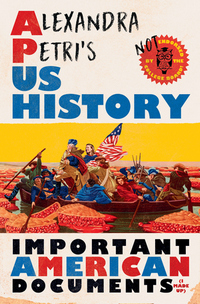 Alexandra Petri’s US History:
Alexandra Petri’s US History:
Important American Documents
(I Made Up)
DETAILS: Publisher: W. W. Norton & Company Publication Date: April 11, 2023 Format: Hardcover Length: 324 pg. Read Date: December 8-14, 2023

What’s The Inside Cover Flap of Alexandra Petri’s US History Say?
A witty, absurdist satire of the last 500 years, Alexandra Petri’s US History is the fake textbook you never knew you needed!
As a columnist for the Washington Post, Alexandra Petri has watched in real time as those who didn’t learn from history have been forced to repeat it. And repeat it. And repeat it. If we repeat history one more time, we’re going to fail! Maybe it’s time for a new textbook.
Alexandra Petri’s US History contains a lost (invented!) history of America. (A history for people disappointed that the only president whose weird sex letters we have is Warren G. Harding.) Petri’s “historical fan fiction” draws on real events and completely absurd fabrications to create a laugh-out-loud, irreverent takedown of our nation’s complicated past.
On Petri’s deranged timeline, John and Abigail Adams try sexting, the March sisters from Little Women are sixty feet tall, and Susan Sontag goes to summer camp. Nearly eighty short, hilarious pieces span centuries of American history and culture. Ayn Rand rewrites The Little Engine That Could. Nikola Tesla’s friends stage an intervention when he falls in love with a pigeon. The characters from Sesame Street invade Normandy. And Mark Twain—who famously said reports of his death had been greatly exaggerated—offers a detailed account of his undeath, in which he becomes a zombie.
What did I think about Alexandra Petri’s US History?
There are 76 pieces in this collection–not all are going to be winners. The odds against that are just too great. The tricky thing is (obviously) the ones I consider winners aren’t necessarily going to be the ones that you identify as winners–that’s probably because you have more refined tastes than me. I’m okay with that (and you should be, too). But I assumed that going in, so the question is: are there enough that you’re going to find funny to make reading all of them (or at least starting all of them before occasionally deciding to move on) worth it?
Absolutely.
Some of these start strong and then peter out–like some Saturday Night Live sketches. Some start strong and build from there. Some are duds from the beginning. And a few (to go back to SNL) leave you wanting Matt Foley to yell about the van down by the river one or two more times.
A few of the pieces that had me laughing were:
- the spider in a certain Northhampton church who took umbrage at some of Edwards’ imagery
- a poem about the other guy who rode the night Paul Revere did, but his name is hard to rhyme
- a conversation about writing the song that became the tune for The Star-Spangled Banner
- an abridgment of The Scarlett Letter
- the man who bought his wife yellow wallpaper trying to get a refund
- what would Gatsby have been like if Hemingway wrote it?
- someone from Sun-Made trying to get Lorraine Hansbury to strike up a partnership
- Build-a-Bear’s attempt to commemorate 9/11
I really could’ve gone on there, but I think between that and the above quotation, you get an idea. I could’ve come up with a similar list of ones that didn’t work for me–but why bother?
If any of the above topics/ideas seem like something you’d enjoy, you’re likely to have fun with over half of this book. When Petri is funny, she’s hilarious. When she’s not…well, there are words on the page that you can definitely read. Her highs are so high and her lows are…still above sea level. I don’t think anything was “bad” here, just some pieces that I really didn’t care for.
I’m glad I read this. You’ll probably be, too. I do recommend this, as long as you go in with open eyes.

This post contains an affiliate link. If you purchase from it, I will get a small commission at no additional cost to you. As always, the opinions expressed are my own.
![]()





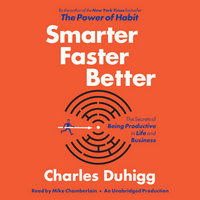

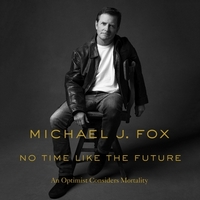

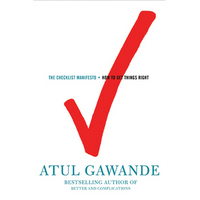
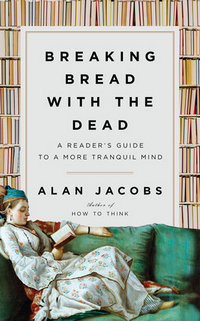
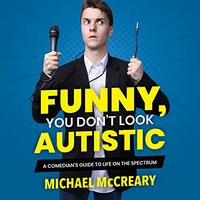
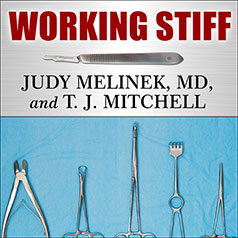
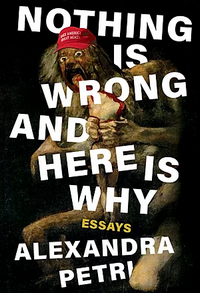

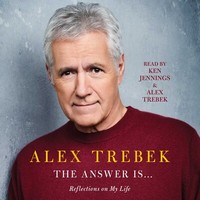

 Grab a book, any book.
Grab a book, any book.
